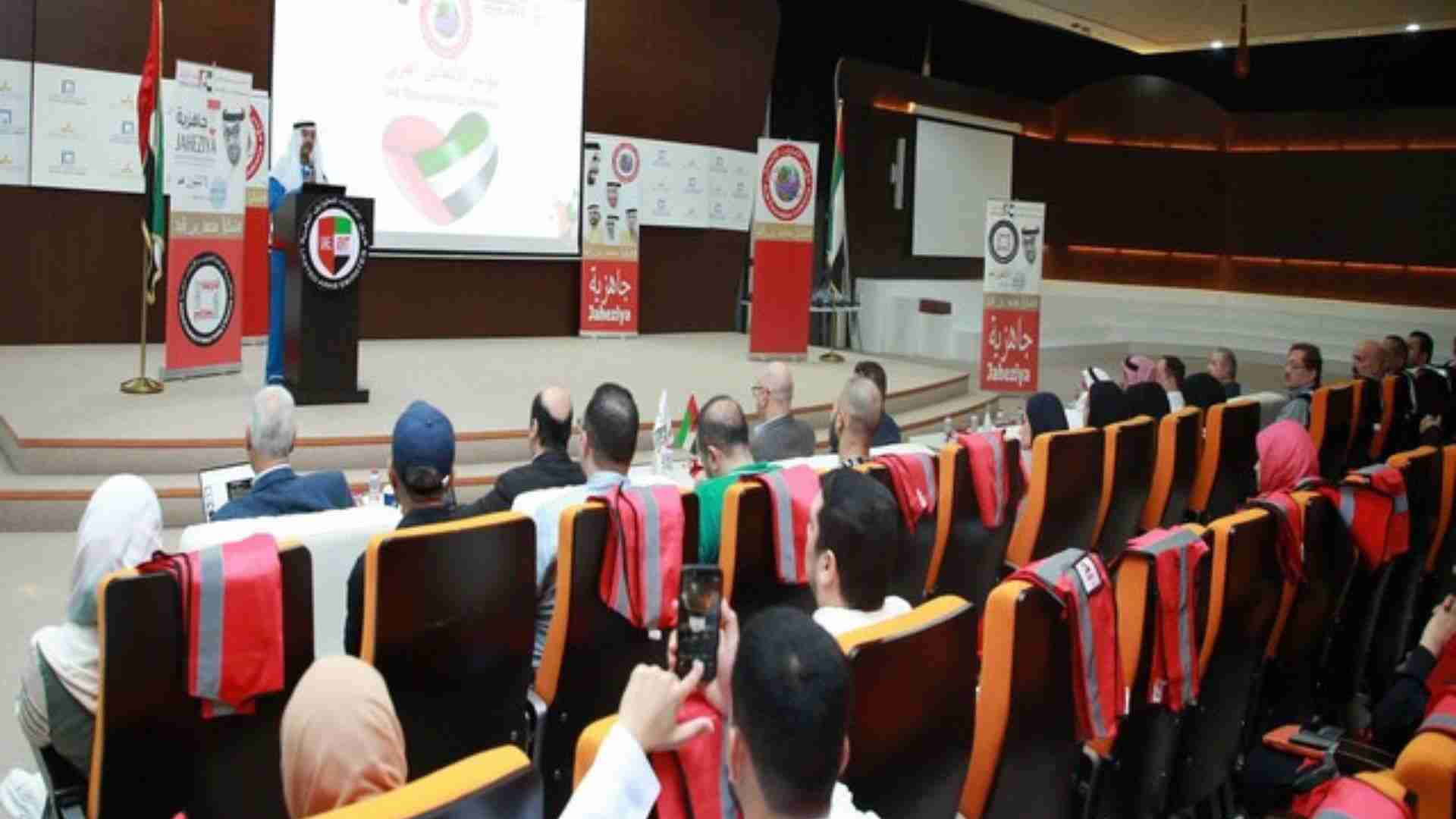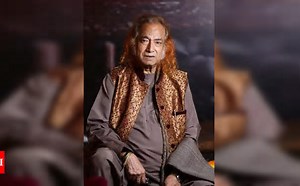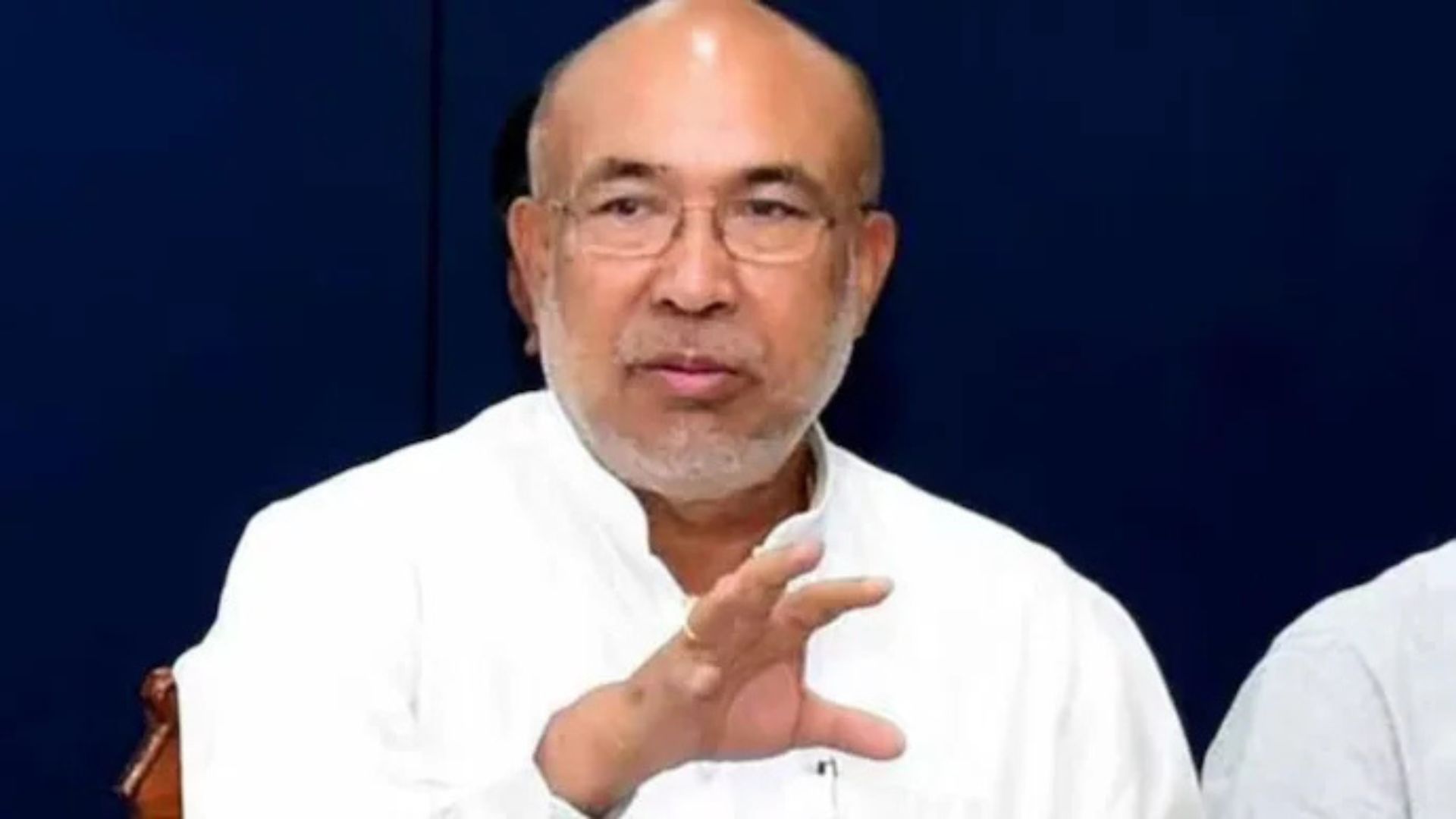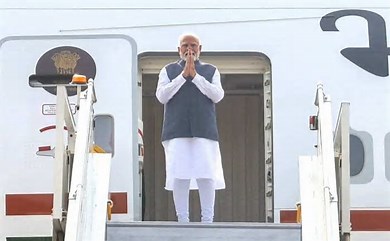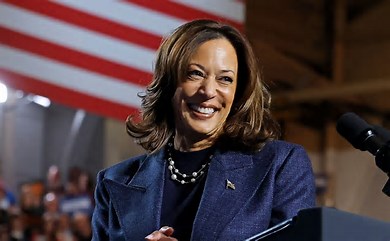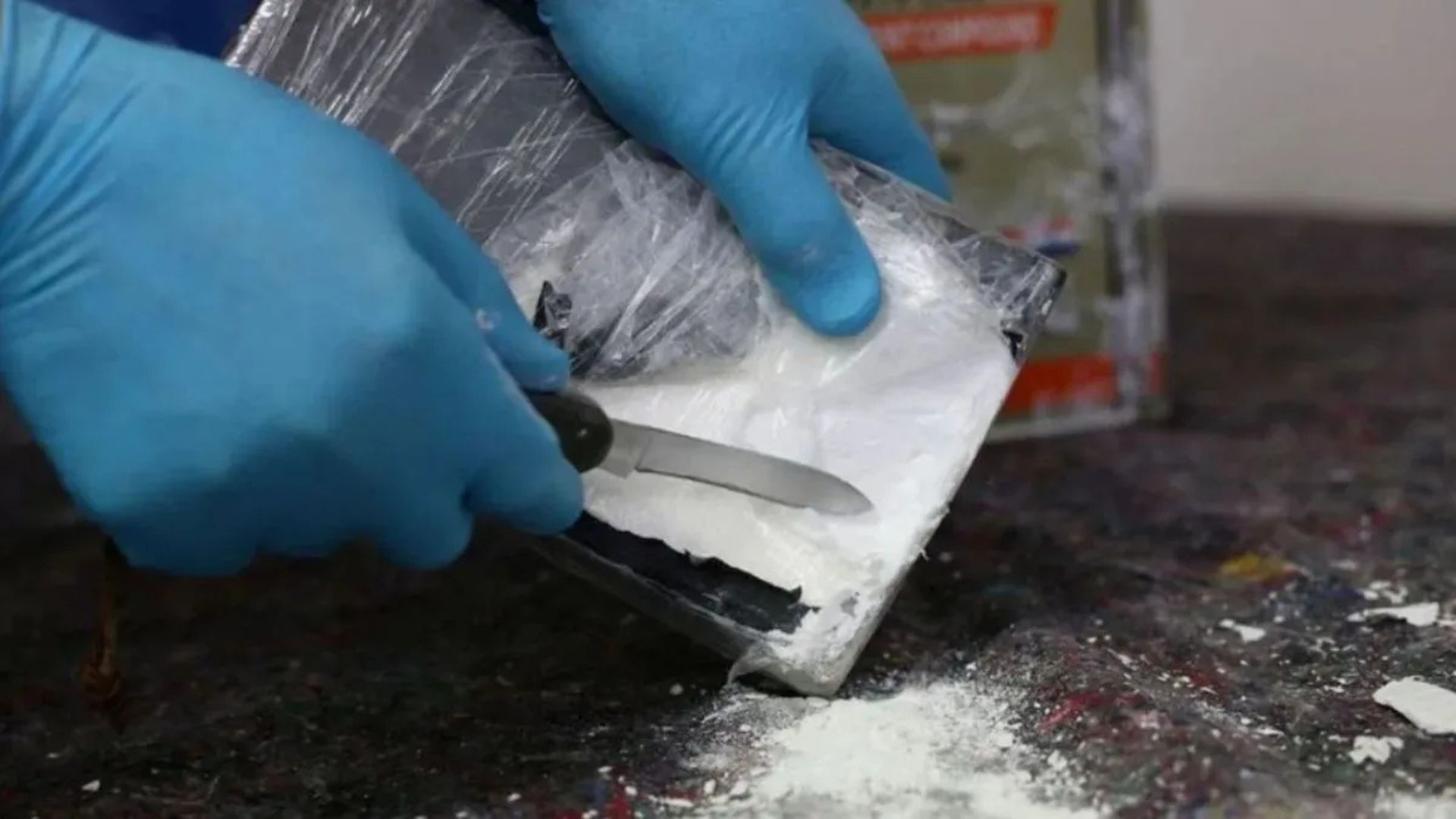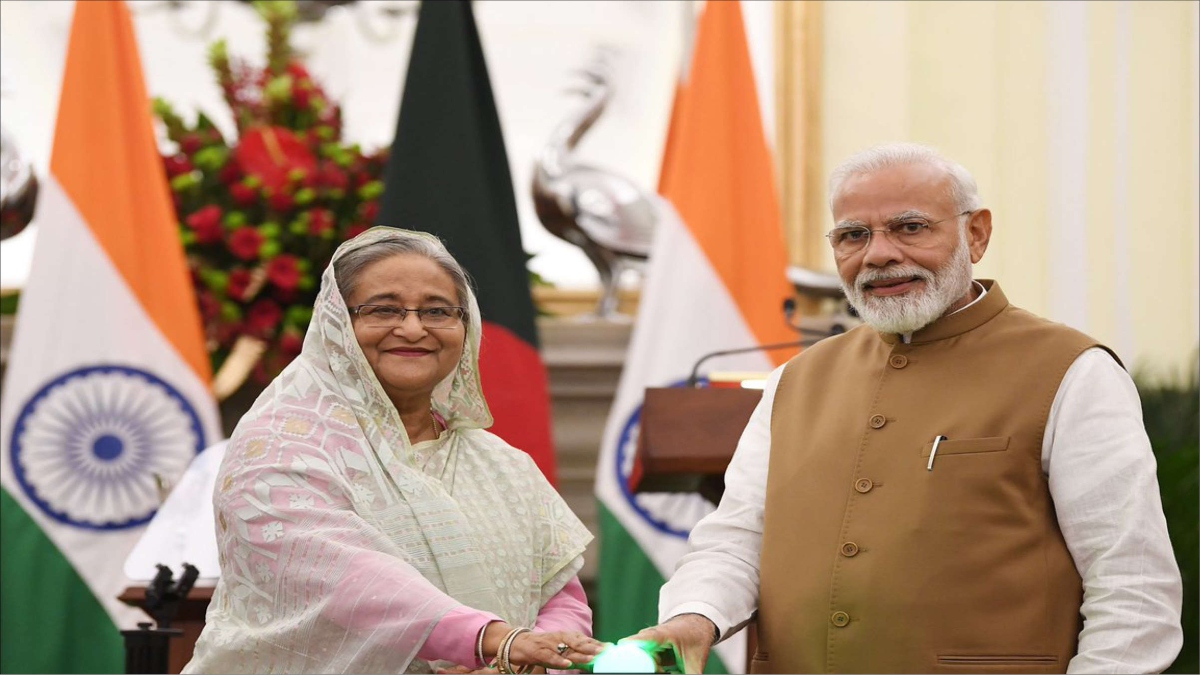
Bangladesh Prime Minister Sheikh Hasina’s on-going four-day visit to India is significant for both the countries. Sheikh Hasina is visiting India after almost three years. Along with Hasina, various ministers, secretaries and business delegates are also accompanying her on this trip. During the trip, she paid a visit to Ajmer Sharif in Rajasthan. Along with these, she will meet the newly elected President of India Draupadi Murmu, Vice President Jagdeep Dhankar and Prime Minister Narendra Modi for bilateral talks. Both the countries will sign on the Kushiyara river water sharing agreement. In this visit, she will award Mujib scholarships to 200 Indian Army personnel who lost their lives in the 1971 war. She will also participate in a business summit organized by CII and invite investors to Bangladesh. The visit will contribute to economic, strategic and various sector development of both the countries. This visit would be crucial for Hasina to face the elections next year.
In South Asia, Sri Lanka and Pakistan are already facing financial crises, mainly due to debt from China. There is a noise about the Sri Lankan-style economic crisis in the Bangladesh mainstream media and also in social media, due to the bailout packages, power crisis, rising corruption in various sectors, 51.2 per cent hike in petrol and diesel rates in the last month alone are the main reasons for this discussion. In South Asia, Sri Lanka and Pakistan are followed by Bangladesh seeking a bailout package of $4.5 billion from the International Monetory Fund (IMF) and $1 billion each from the World Bank and the Asian Development Bank. But Sheikh Hasina’s government denies the noise of the financial crisis. It says that every rupee invested in development in its government is getting returns.
In fact, the situation in Bangladesh is somewhat different from the situation in Sri Lanka and Pakistan. The combined GDP of Sri Lanka and Pakistan is nearly equal to the GDP of
Bangladesh. Bangladesh has foreign exchange reserves of $36 billion, while Pakistan and Sri Lanka have only $18 billion foreign exchange reserves. Bangladesh’s debt is only 31 percent of GDP, while Sri Lanka’s debt is 119 percent of GDP. In the last year alone, Bangladesh received over 22 billion dollars as remittance. Bangladesh ranks 7th among countries receiving remittances in the world. The foreign exchange reserves earned through these remittances is very useful in bridging the fiscal deficit.
To address the trade deficit, on the other hand Bangladesh is negotiating to buy crude oil from Russia at a lower price to ease the burden of rising oil prices in the open market due to the
Russia-Ukraine war. While the price of a barrel of crude oil in the open market is $100, Russia is ready to sell refined oil at just $59. Russia is willing to give crude oil at a lower price but Bangladesh does not have the facility to refine crude oil. But most of the large shipping companies have almost stopped doing business from Russian ports. In such a case, Sheikh Hasina may seek India’s help in shipping the Russian oil. Also, the banning of Russia from the SWIFT banking system may hamper crude oil payments to Bangladesh. The big question at this point is, if Bangladesh bought refined oil or crude oil from Russia, it should be seen how much the IMF, World Bank and Asian Development Bank under the control of Western countries will help for the bailout package that Bangladesh is requesting.Bangladesh is seriously affected by severe power crisis. With rising crude oil prices due to the
Ukraine-Russia war, Bangladesh has shut down 1000 megawatts of diesel-powered power plants. As a result, educational institutions are functioning only 5 days a week, and government offices will work for one hour less a day.
To overcome this power crisis, a 2400 megawatt nuclear power plant will be built in the Roppur area of northern Bangladesh with the help of Russia for 12.5 billion dollars, but the cost of the project is twice as compared to other countries in the world. India’s Tata Projects Limited will construct a 120 km long 400 kilowatt power supply line from Barapukuria to Bogura at a cost of Rs 900 crore, the Export and Import Bank of India (EXIM) will lend money to the project. Due to this project, there will be no problem in the supply of high voltage power in northern Bangladesh, besides providing 1600 megawatts of electricity from Jharkhand to Bangladesh.
Four Chinese companies have prepared plans to build smart city and metro rail projects in the area of 60 square km near Chittagong in Bangladesh. In return, the Chinese companies will earn the profit after selling the plots in the smart city. The experts are showing concern for the smart city construction as it may cause environmental pollution but Chinese companies are claiming that they will prevent environmental pollution with new technology.
Although the main objective of this proposal is the development of the city of Chittagong, we do understand this move as the first step to capture the strategic port of Chittagong. In the name of development, Hambantota Port in Sri Lanka was proposed by China and finally acquired on 99-year lease. New Delhi should express its concern to Dhaka on China’s proposal in the present Sheikh Hasina’s visit. During the last decade, Sheikh Hasina’s government has invested a lot in development and construction. In particular the construction of a 6.5 km long road and rail bridge over the Padma River connecting 19 southwestern states of Bangladesh to the rest of the country will remain a landmark in the history of the country. Sheikh Hasina inaugurated the bridge on 25 June last. Chinese company has constructed the Padma multipurpose bridge with the funds of Bangladesh.
Despite the positive developments, Sheikh Hasina is facing scrutiny from the western countries for human rights violations. UN human rights chief Michelle Bachelet visited Bangladesh last month on the invitation of the Government including Cox’s bazar, where Rohingya refugees of Myanmar are camping. Bachelet called for independent probe on dissppearnce, torture and extra judicial killings in Bangladesh. On the other hand, Sheikh Hasina is also unhappy with the world response over the Rohingya refugee crisis. In this visit, she may seek Modi’s support on the west’s allegations. Due to Sheikh Mujibur Rahman’s closeness with India, even his daughter Sheikh Hasina has been showing good relations with India since she became the Prime Minister. Understanding India’s difficulties, Sheikh Hasina has been vigilantly maintaining relations with China.
India also understands the difficulties faced by Sheikh Hasina and stands by her. Sheikh Hasina participated in last month’s Krishna Janmashtami celebrations to draw India’s attention and said her government would stand by Hindu community. But for next year’s elections, seven opposition political parties have formed an alliance and are challenging Sheikh Hasina. She needs India’s help to move ahead with the opposition political alliance and the economic crisis facing the country.
Venkata Krishna Rao, Research Scholar, IIT Varanasi

